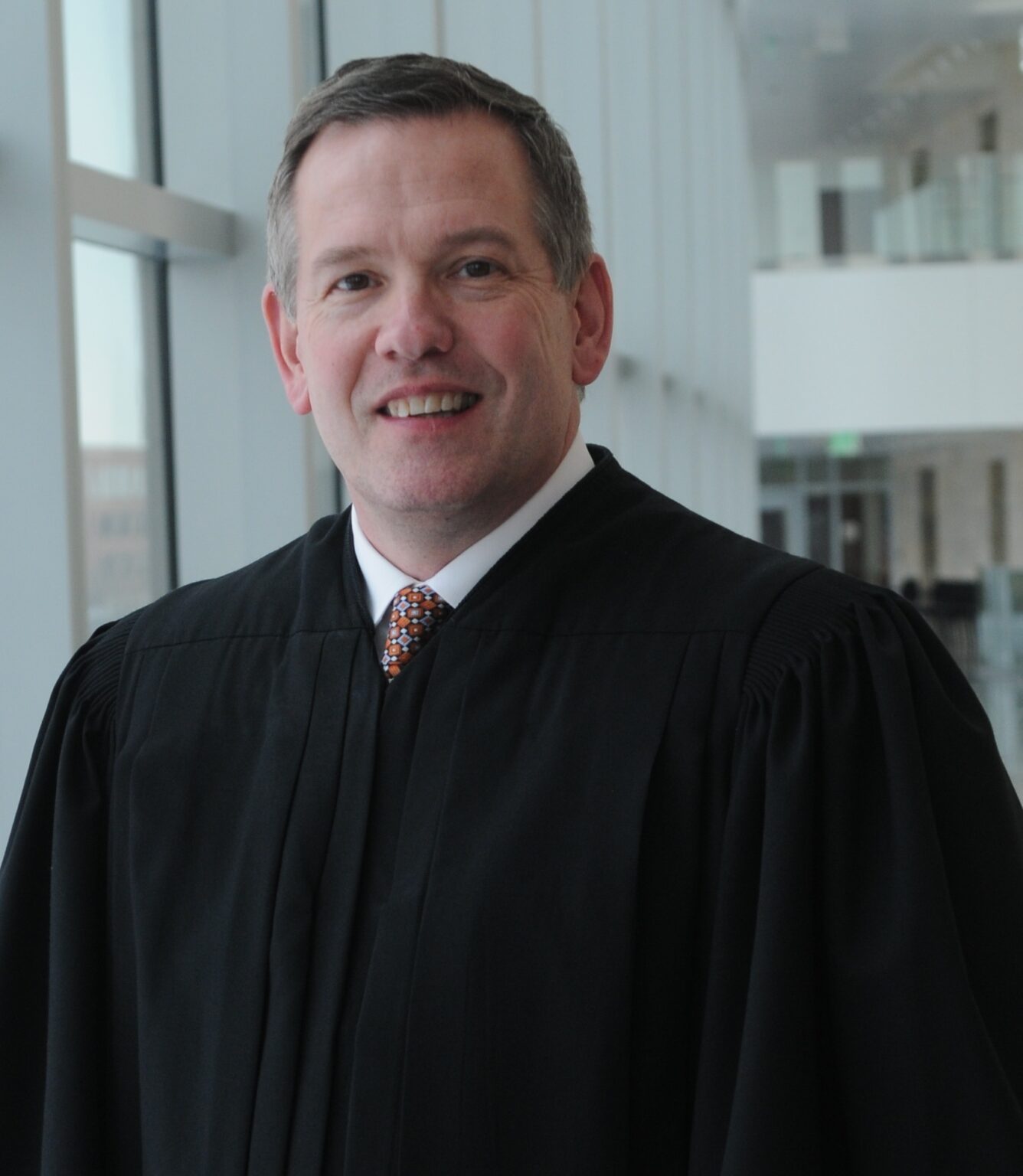In a blow to opponents of the federal nursing home staffing mandate, a federal judge has denied a request for a preliminary injunction that would have temporarily halted its implementation. The decision, issued by US District Judge Leonard T. Strand of the US District Court for Northern Iowa, sets the stage for a continued legal battle over the controversial rule.
The lawsuit, brought by 20 states and 18 LeadingAge state affiliates, argued that the mandate would impose significant financial burdens on nursing homes and exacerbate existing staffing shortages. However, Judge Strand found that the plaintiffs failed to demonstrate the “irreparable harm” necessary to justify a preliminary injunction.
“While the staffing requirements of the Final Rule will certainly impose financial burdens, the extent of the harm is simply too uncertain at this point,” Strand wrote in his 22-page ruling.
The mandate, which was finalized in May 2024, establishes minimum staffing requirements for nursing homes participating in Medicare and Medicaid. The most contentious provisions include a requirement for registered nurses (RNs) to be on duty 24/7 and a minimum of 3.48 cumulative nursing hours per resident day.
Judge Strand acknowledged that the 24/7 RN requirement raises “substantial issues and concerns,” particularly regarding its feasibility and cost. However, he emphasized that the mandate’s phased implementation timeline provides sufficient time for nursing homes to adapt.
“The 24/7 RN requirement is to be implemented by May 11, 2026, for non-rural facilities and by May 10, 2027, for rural facilities,” Strand noted. “The 3.48 cumulative nursing hours per day requirement must be adhered to by May 10, 2027, for non-rural facilities and by May 10, 2029, for rural facilities.”
The judge also dismissed arguments that the mandate would worsen the existing staffing crisis, stating that the rule itself did not create the shortage. However, he left the door open for providers to raise workforce concerns later in the case.
Industry Reaction and Future Outlook
The decision has been met with mixed reactions from industry stakeholders.
“We are disappointed with the judge’s ruling,” said Mark Parkinson, President and CEO of the American Health Care Association (AHCA). “We believe the staffing mandate is unrealistic and will have a devastating impact on nursing homes across the country.”
According to a 2023 AHCA survey, 99% of nursing homes reported experiencing a staffing shortage.
However, advocates for the mandate argue that it is necessary to ensure quality care for nursing home residents.
“This is a victory for residents and their families,” said Terry Fulmer, President of the John A. Hartford Foundation. “The staffing mandate will help to ensure that nursing homes have the staff they need to provide safe and high-quality care.”
The legal battle over the staffing mandate is far from over. The plaintiffs have until March 3 to file appeals for summary motion or to dismiss the case, with rebuttals due by April 3. A separate lawsuit challenging the mandate is also pending in Texas.
The outcome of these legal challenges remains uncertain. However, one thing is clear: the staffing mandate will continue to be a major source of debate and contention within the nursing home industry for the foreseeable future.


